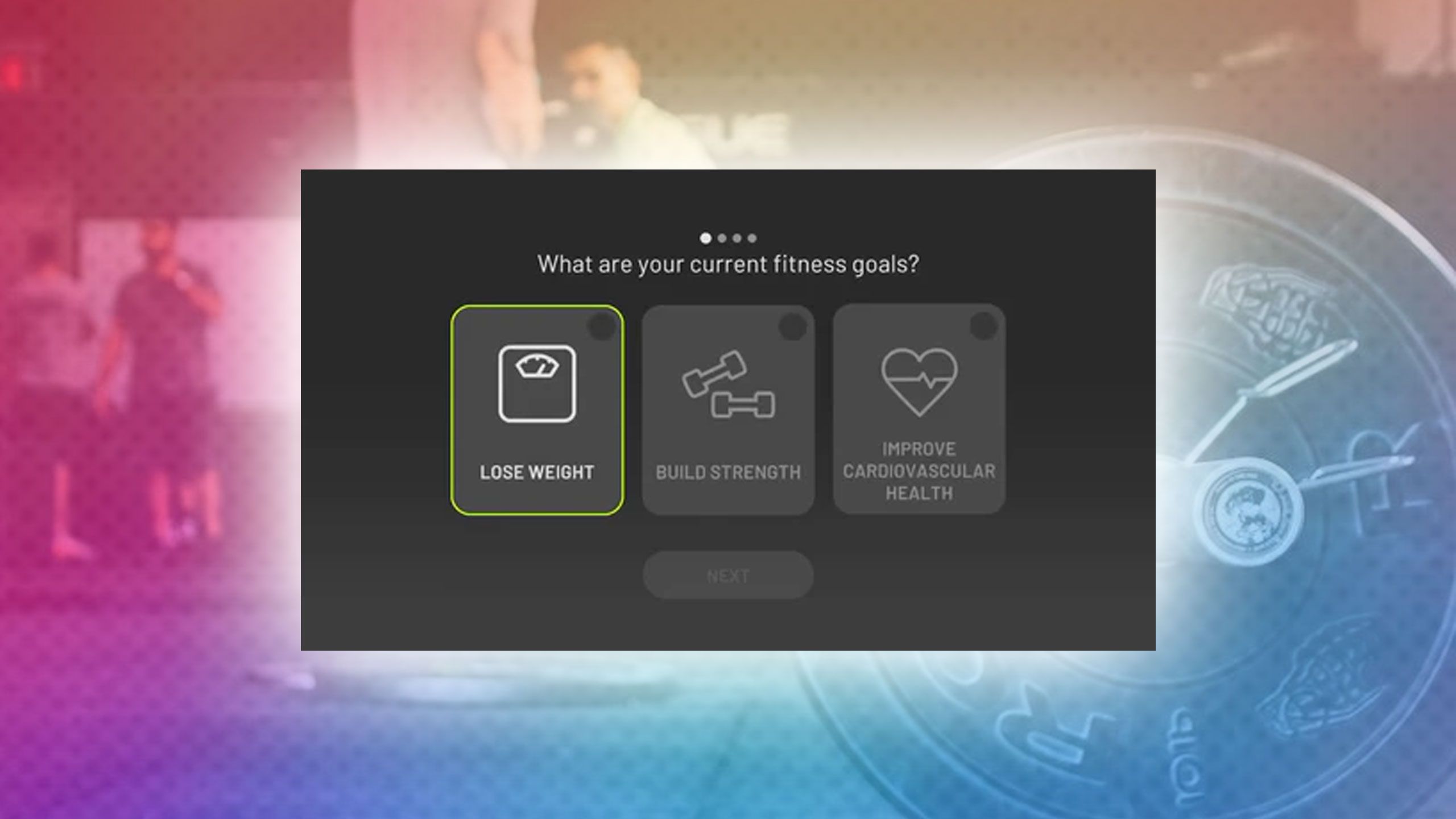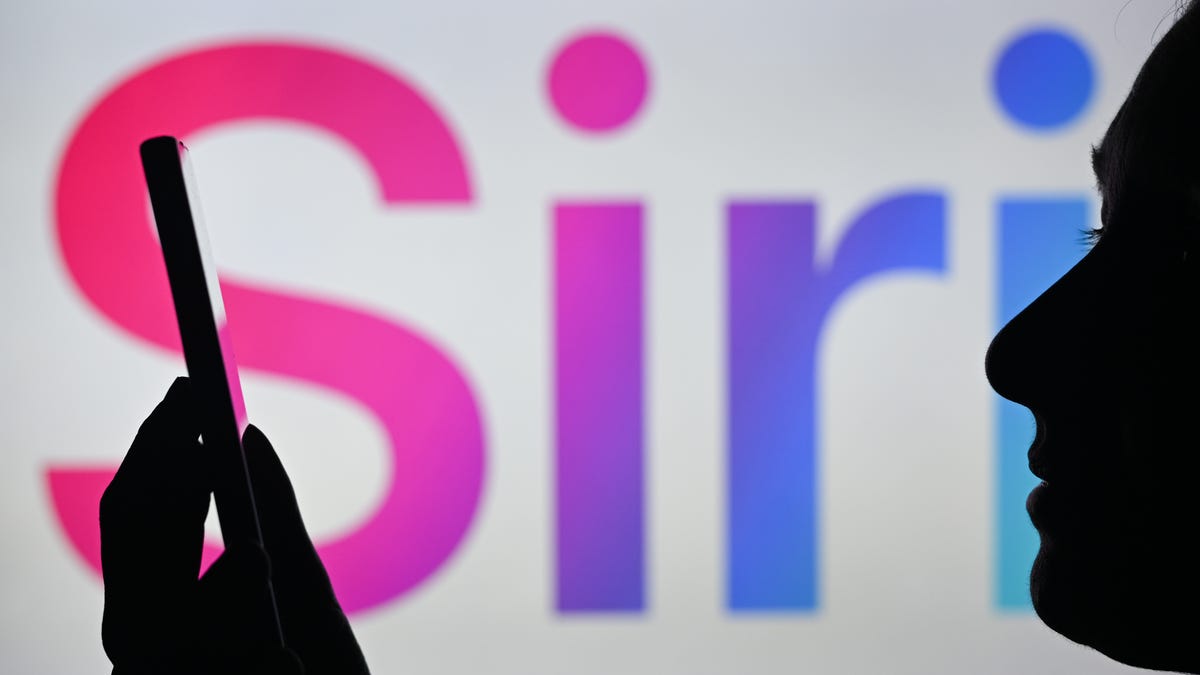DALLAS — Commissioner Greg Sankey’s address to open SEC media days on Monday resonated with hope toward the future of college athletics while also recognizing the myriad challenges on the doorstep of his conference and all of college sports.
“The reality is there is no ‘easy’ button we can just go push and resolve the issues we face,” Sankey said to a ballroom full of media and industry movers and shakers at the Omni Dallas Hotel. “There’s no magic pill. Anytime you go through a reset it is difficult.”
A proposed $2.8 billion settlement agreement in the House vs. NCAA antitrust lawsuit has been delayed and yet to be submitted in U.S. District Court. The reverberations from the legal wrangling are part of the reset Sankey referenced.
The result is college athletics is anticipated to usher in revenue sharing with athletes and that will obviously impact the ever-changing name, image and likeness (NIL) game across the country.
The uncoordinated application of NIL laws across various states, the rapid growth of sports gambling and the high-stakes finances around the lawsuits faced by the NCAA are entanglements which do not have immediate or easy solutions.
“Through all of this, I’m convinced our best days are still ahead,” Sankey said.
“Change doesn’t happen in an instant. We are dealing with an incredibly complex set of issues that when I sit down with some of those leaders in the areas that I’ve mentioned and I describe the various challenges we face, it is universal — whether it’s a professional league commissioner or a member of Congress, a high-level attorney — at some point they’ll look at me and say, ‘That’s the most complicated situation I’ve ever heard.’ That’s why there’s no easy button.”
The SEC moved its annual summer media gathering to Dallas as it welcomed Oklahoma and Texas on July 1 to form a 16-team league. That expansion came as college athletics has dealt with unprecedented change for the last six years which began with the advent of the NCAA transfer portal.
Perhaps the most powerful man in college athletics, Sankey said the agreement between the plaintiffs, the NCAA and its most powerful conferences in the anti-trust lawsuit is only a step in a long process.
“While that agreement does not resolve every issue and it is not a finish line, it does provide us an opportunity to move forward in modernizing important elements of college sports,” he said.
Sankey touted accomplishments by SEC programs and individuals at the top of his address, citing local ties such as former Mississippi State quarterback Dak Prescott of the Dallas Cowboys and former Arkansas Razorback Daniel Gafford, former Kentucky player PJ Washington and former South Carolina player A.J. Lawson being part of the NBA Western Conference champion Dallas Mavericks. He also mentioned former LSU pitcher Paul Skenes, who will start Tuesday’s All-Star Game as a member of the Pittsburgh Pirates.
He touched on Saturday’s shootings at former President Donald Trump’s campaign rally in Pennsylvania as a way to offer a larger context about the role of college athletics.
“This past Saturday evening, we were reminded of the stress and divisiveness that’s present in our nation, well beyond any playing field,” Sankey said.
“This sidebar is not about politics. It’s actually about what we do on Saturday, that comfortable point of conversation at those family gatherings. These remarks are about the ability of people to come together even when there are differences.
“We actually need more of what we do win college sports. … We actually need more of those unifying moments in this country, and that’s why I say again we need more of what college football does in this nation, not less.”
Sankey said he’s heard from various student-athlete forums that they largely do not want to be seen as “employees” and that they’d like to see more level playing fields in the realm of NIL.
He said the SEC and college athletics are obliged to navigate in five different forums in today’s climate.
“The first of five fields of play are the courts,” he said. “We have to be there because of litigation. The second is Congress. We’re active in that conversation because you talk about national standards.
“The third is at the state level. So even in our footprint, could you normalize or standardize state legislation, among our 12 states now, to support that equitable competition our student-athletes are asking to be a part of?
“The fourth is at the college and campus level, how do we make decisions? And then the fifth is the NCAA.”
Sankey expressed hope college athletics can successfully navigate those fields to reach longer-term solutions.
“Now, if you can create the right kind of linkages between all five, there’s a perfect outcome,” he said. “I can’t ignore any of those five. I can’t work on four. That doesn’t mean all five have to work together to provide a path forward.”
Sankey said it’s important the SEC and other conferences do not hand over authority or control as they work through the problems.
“We’ve been incredibly successful, and I understand why so many outside of the campus and conference realm are interested in coming in and being a part of it, but that responsibility lies with us to bring people into the solution, not to cede authority to external actors,” he said.
“We know who we are, and the Southeastern Conference, we’re the one conference at this level where the name still means something: The southeastern part of the United States. Where when we expanded, we actually restored historic rivalries while adding only 100 miles to the longest campus-to-campus trip our student-athletes will experience.”








